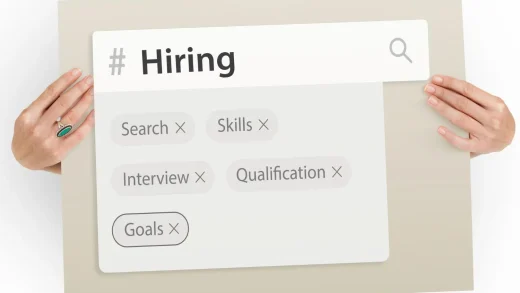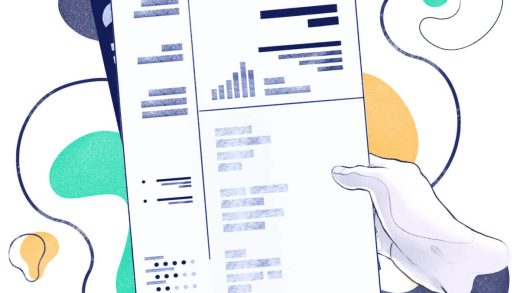Introduction
A CV, or curriculum vitae, is a document that summarizes your professional and educational history. It is an essential tool for job seekers, as it allows you to showcase your skills, experience, and qualifications to potential employers.
A well-written CV should be clear, concise, and easy to read. It should also be tailored to the specific job you are applying for. When writing your CV, be sure to include the following information:
Personal Information
Your personal information should include your name, contact information, and education level. Your name should be prominently displayed at the top of your CV. Your contact information should include your email address, phone number, and mailing address. Your education level should be listed after your name and contact information.
Work Experience
Your work experience section should be the most important section of your CV. It should highlight your relevant skills and experience for the job you are applying for. When listing your work experience, be sure to include the following information:
- Job title: The title of your job.
- Company name: The name of the company you worked for.
- Dates of employment: The dates you worked for the company.
- Responsibilities: A list of your responsibilities and accomplishments at the company.
When describing your responsibilities, be sure to focus on your accomplishments. Use numbers and metrics to quantify your achievements whenever possible. For example, instead of saying “I managed a team of 10 employees,” you could say “I managed a team of 10 employees, increasing productivity by 15%.”
Education
Your education section should list your educational institutions, degrees, and dates of graduation. When listing your education, be sure to include the following information:
- Educational institution: The name of the school you attended.
- Degree: The degree you earned.
- Dates of attendance: The dates you attended the school.
Skills
Your skills section should list your relevant hard skills (technical skills) and soft skills (personal skills). Hard skills are the technical skills you need to do your job, such as proficiency in software programs or knowledge of a particular subject. Soft skills are the personal skills that are important in the workplace, such as communication, teamwork, and problem-solving.
When listing your skills, be sure to use strong action verbs. For example, instead of saying “I am proficient in Microsoft Office,” you could say “I am skilled in using Microsoft Office applications, including Word, Excel, and PowerPoint.”
Awards and Honors
If you have received any awards or honors, be sure to list them in your CV. Awards and honors can demonstrate your accomplishments and achievements.
Additional Information
You can also include additional information in your CV, such as volunteer experience, publications, or research interests. However, it is important to keep your CV concise and focused on the information that is most relevant to the job you are applying for.



